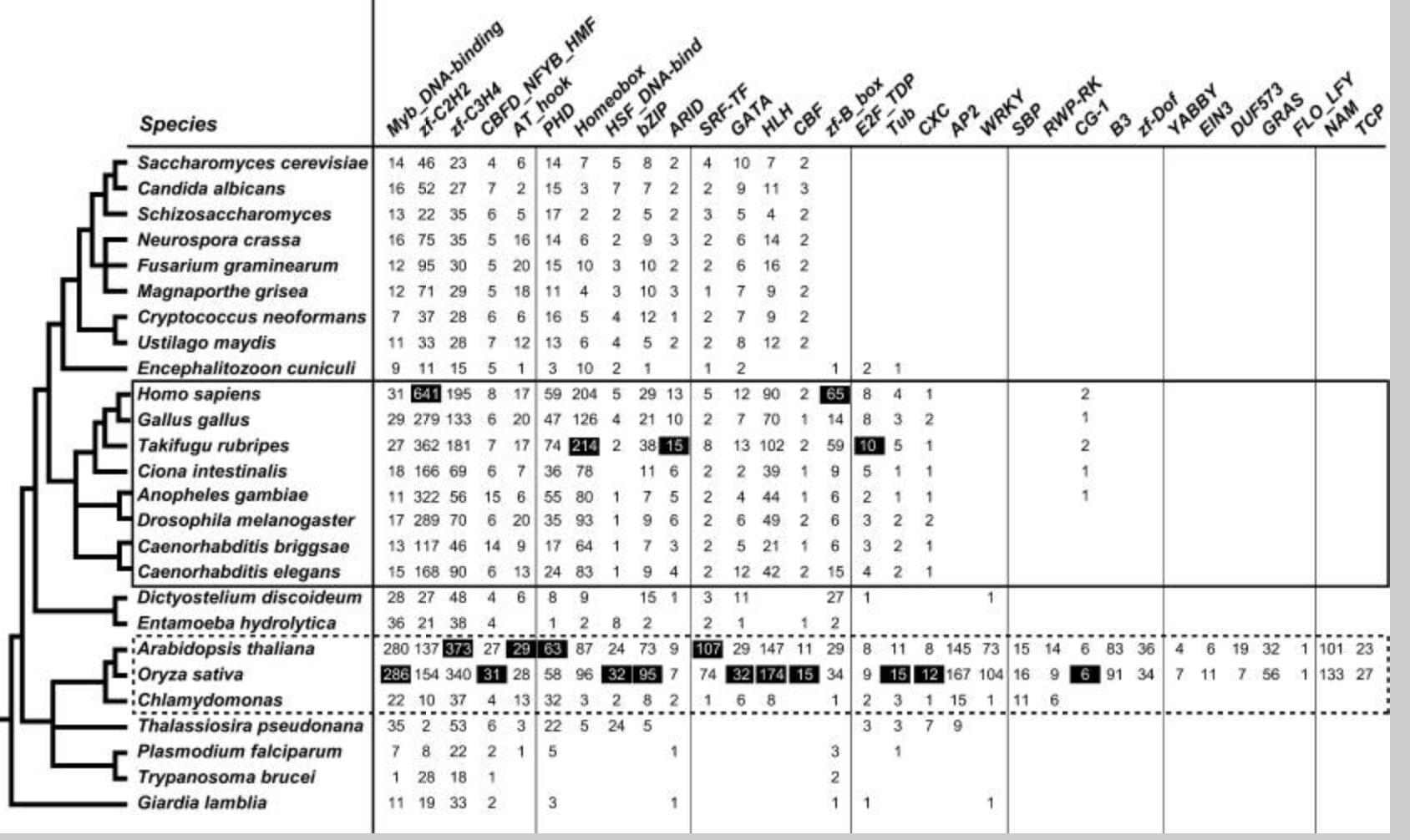I would suggest looking into the field of organismal complexity.
One could turn the question on its head: why does a worm, which apparently has the raw materials to get as complex as a human, stay a worm?
One answer would be that the human developmental process is much longer and more elaborate than the worm's. We might for example have a more elaborate process of gene regulation throughout development that lets us keep developing longer- so the question is not how many genes, but what combinations of the genes we have can be turned on or off together. The number of possible combinations is very large when you have 20K genes!
More answers might have to do with the number of gene-gene or protein-protein interactions, that might underlie complexity in the way you mean. For example, from the source I linked:
Using bioinformatics, the team estimated that 650,000 protein interactions occur in humans; this number is approximately three times more than that in the roundworm and 10 times more than that in the fruit fly. Moreover, it seems that a single protein can have dozens, if not hundreds, of different interactions.
So when we say "complexity" what we might mean is number of gene-gene interactions, not the number of genes.
A fun aside, plants tend to have more transcription factors (which basically turn genes off and on and lead to interactions). Higher plants also usually develop continuously throughout their lives and can dedifferentiate their cells fairly readily. So if we're looking in this way, there might be an argument that plants are a lot more complex than humans, even while having similar numbers of genes!
Here is for example a tabulation of the number of transcription factors in various eukaryotes from this paper (apologies for not taking the time to retranscribe this image). Over time we've described/annotated more TFs in the various species of course, but even with the disproportionate effort on humans, plants still have more. For example, at last count soybean had almost 4000 TFs, whereas humans have around 1600.

That's not to say that this is the right measure of complexity. What you mean by complexity will differ depending on what you are interested in!

